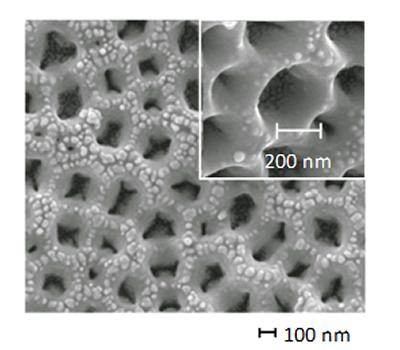Research project: Development of borohydride fuel cells
The Direct Borohydride Fuel Cell (DBFC) is a novel, high energy source system with high specific energy storage. It has attracted academic and industrial interest for its potential applications in portable electronic devices, transportation and underwater vehicles
